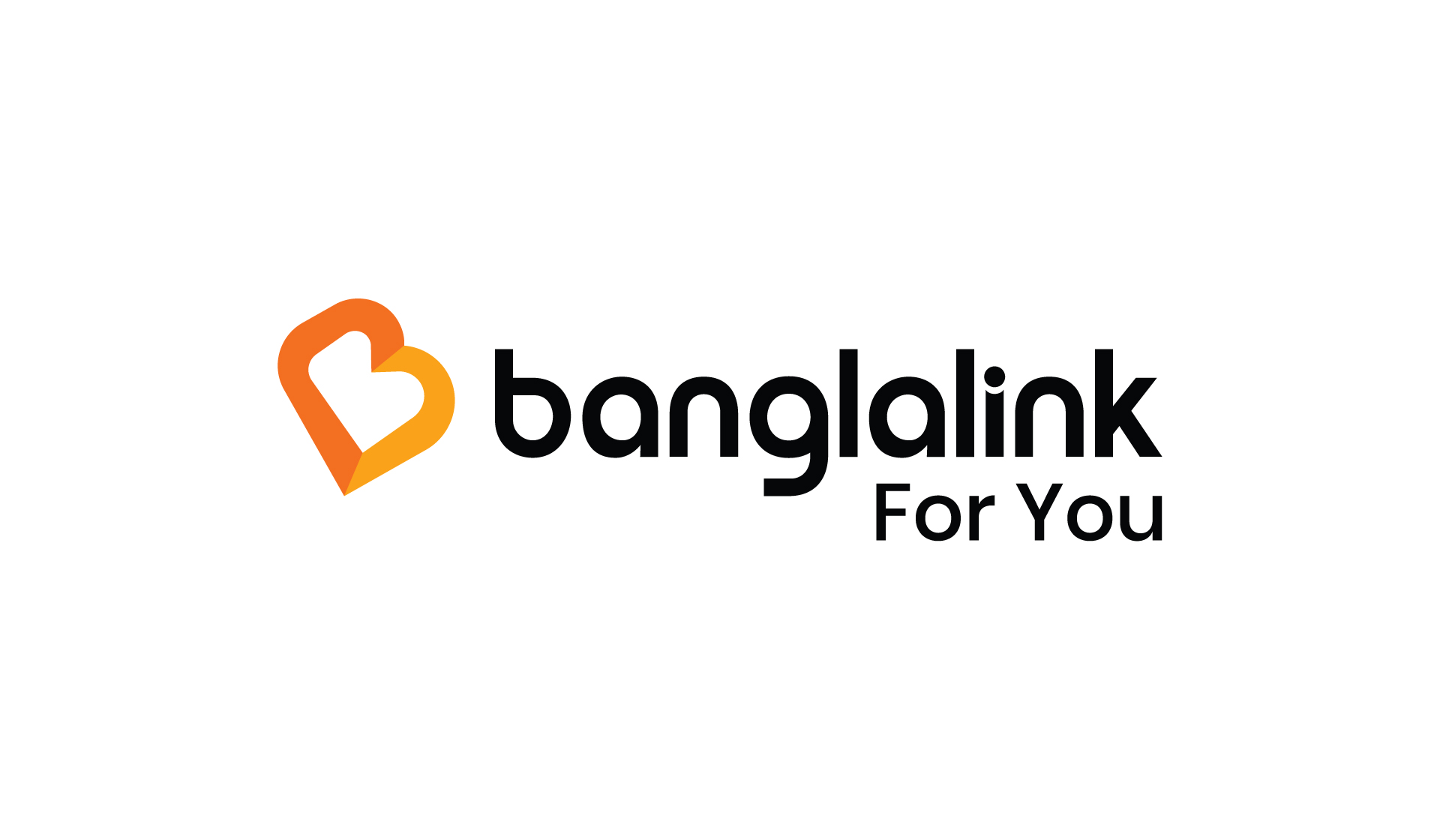Banks defaulting in capital market, affecting investors the most
By Munir Hossain
Loan disbursement by banks hasslowed down, hence increasing the default loans, most of which are bad debts. They are hampering the banks’ capacity to share profit. This will eventually affect shares in future. The recent IPOs which have been launched by the corporations concerned have repaid their bank loans through the revenue extracted from their offerings. This has indirectly placed the burden of loan repayment on the shoulders of the general investors. On top of it, Bangladesh Securities and Exchanges Commission (BSEC) has ignored such elements and dished out high premiums to the companies.
Even if the initial prices of the companies that are enlisted in the secondary market shoot up for the first few days, gradually they go down. Some companies have experienced such trends, some of whose revenues have gone down after becoming enlisted. The companies have been marked over the past two years, which do not conform to the general flow of the share market. Economists are worried about this unethical practice. For this, they blame BSEC and the issue managers. But BSEC claims it issues premiums only after making thorough checks.
Loan defaults
In the current fiscal year, loan defaults have risen to Tk. 10,762 crore. Out of the total volume of loans distributed, more than 10.75% are default loans. Last year the default loans amounted to Tk. 40583 crore or 9% of the total loans. According to rules, if a loan repayment is accrued over six months, it becomes default loan. Banks have to keep 25% provision against this as safeguard. If the time exceeds nine months, then it becomes suspicious loan, against which banks have to keep 50% provision, and if the time exceeds a year, then the provision reaches 100% and becomes bad debt. Till June the amount of default loans stood at Tk. 51,344 crore, out of which Tk. 39413 was bad loans, an astonishing 77% increase. This is likely to rise by the end of 2014, hence the profit sharing capacity of banks will go down, even though 30% capital in the market are from banks.
Share prices lower than issue value
Mobil Jamuna got enlisted in 2011, when each share was worth Tk. 115 for 10 shares including premium. Before they got enlisted, in 2010 their earning per share (EPS) was Tk. 3.62, but after enlistment it got down to Tk. 3.07, Tk. 2.73 in 2012 and Tk. 2.93 in 2013. This has resulted in their share prices to go down below Tk. 100. MI Cement debuted the same year with Tk. 101 for Tk. 10 shares. Their EPS that year was Tk. 4.07, but the next year it dropped to Tk. 1.87, their current share value at Tk. 87. Some more examples are as follows:
| Company Name | Initial Share Value (Inc. Premium) | Earnings per share for 2011 | Earnings per share for 2012 | Earnings per share for 2013 | Current Share Value (Inc. premium) |
| Orion Pharma | Tk. 60 | Tk. 6.02 | Tk. 4.06 | Tk. 48 | |
| Argon Denim | Tk. 5.46 | Tk. 4.51 | |||
| Bengal Windsor | Tk. 3.56 | Tk. 2.31 |
Bank loan repayments
The companies that have been granted permission to repay loans from investors’ money include Hamid Fabrics, Khan Brothers PP Oven, Bangladesh Building Systems, Surid Industries, Fareast Knitting and Dyeing Industries, Khulna Printing and Packaging, Tung Hai Knitting and Dyeing, Paramount Textile, Fareast Finance Investment, Central Pharmaceuticals, Family Tex, Bengal Windsor, Global Heavy Chemicals, Sun Life Insurance, Premier Cement, Generation Next, Argon Denim and Bangladesh Submarine Cables.
High Premiums
Matin Spinning got into the market with Tk. 27 per share (premium inclusive) and took Tk. 126 crore, out of which Tk. 92 alone was premium. Peninsula, with Tk. 20 premium, took Tk. 165 crore, with Tk. 110 in premium. Others are as follows:
| Company Name | Earnings reported | Premium value from earnings |
| Shaxi Bazar | Tk. 31 crore | Tk. 19 crore |
| Fareast Knitting and Dyeing | Tk. 67 crore | Tk. 42 crore |
| Saif Power | Tk. 36 crore | |
| Orion Pharma | Tk. 240 crore | Tk. 200 crore |
Price Manipulation
In the past two years, the trend of high valued initial shares going down in a matter of days have been seen spotted. A group of investors are involved in this manipulating process. On the day of enlistment, a company’s share value rose up to 550%, but shot down to normalcy within the next few days. Investors faced heavy losses because of this. Experts say that company founders may have a hand in such manipulationsthat work in coteries and intend to pocket the general investors’ money.
Expert Opinions
Faruk Ahmed Siddiqui, former BSEC chairman, describes the situation as grave. He opined that the state of companies after repaying bank loans has to be healthy. If the loans are repaid, then profits will rise, but not if there is no profit. Prof. Abu Ahmed, from Dhaka University’s Economics department, said that the authorities should look into this unethical and illegal practice. They should look after the interest of the general investors. Rakibur Rahman, former DSE president, said that IPO offerings are important, but not at the expense of repaying bank loans through investors’ capital. He said BSEC did not pay heed to such requests. He said companies which have not repaid loans over the years are doing such practices and placing unnecessary burdens on the investors.
Translated from Bangla by Wafiur Rahman















